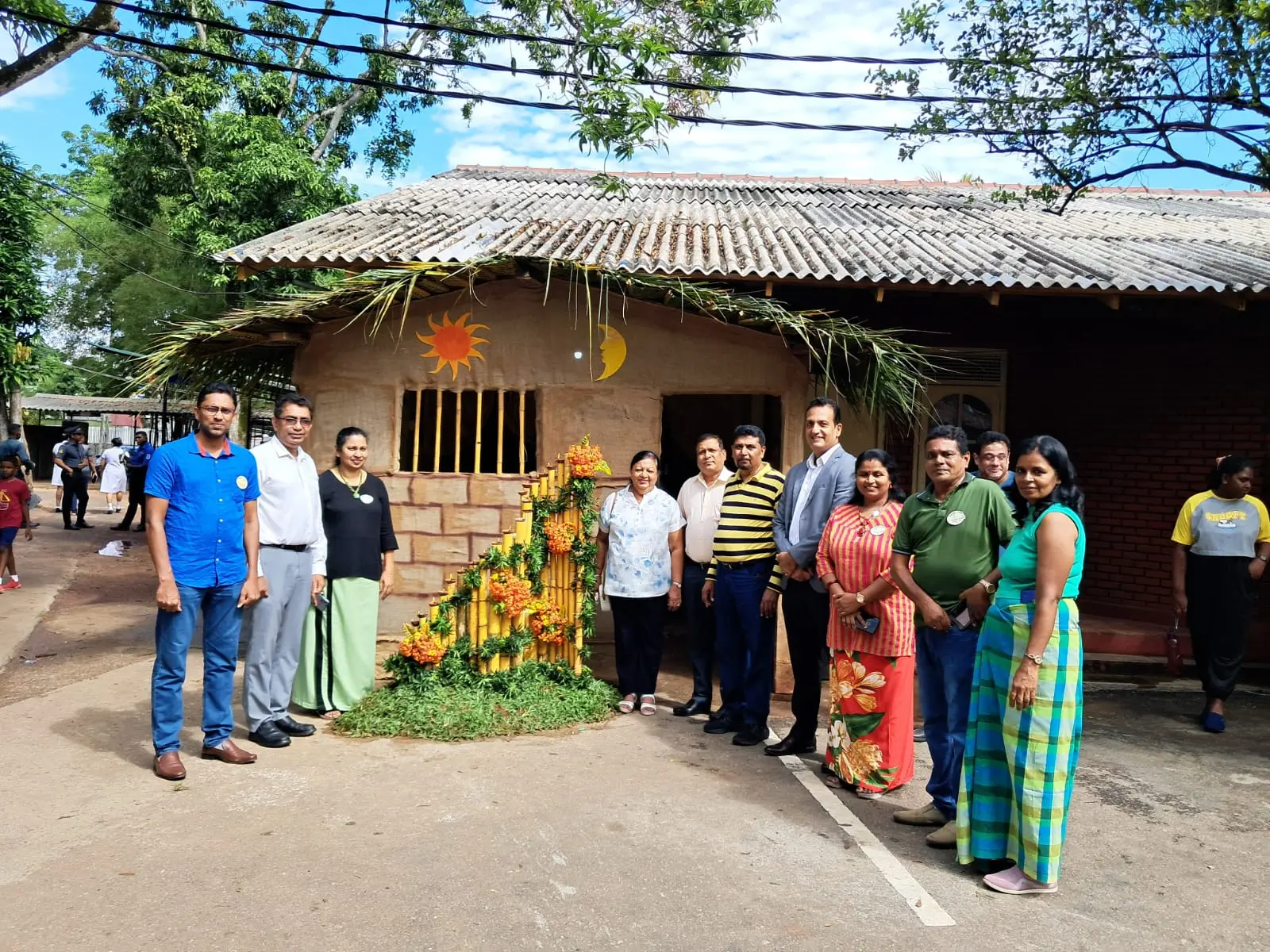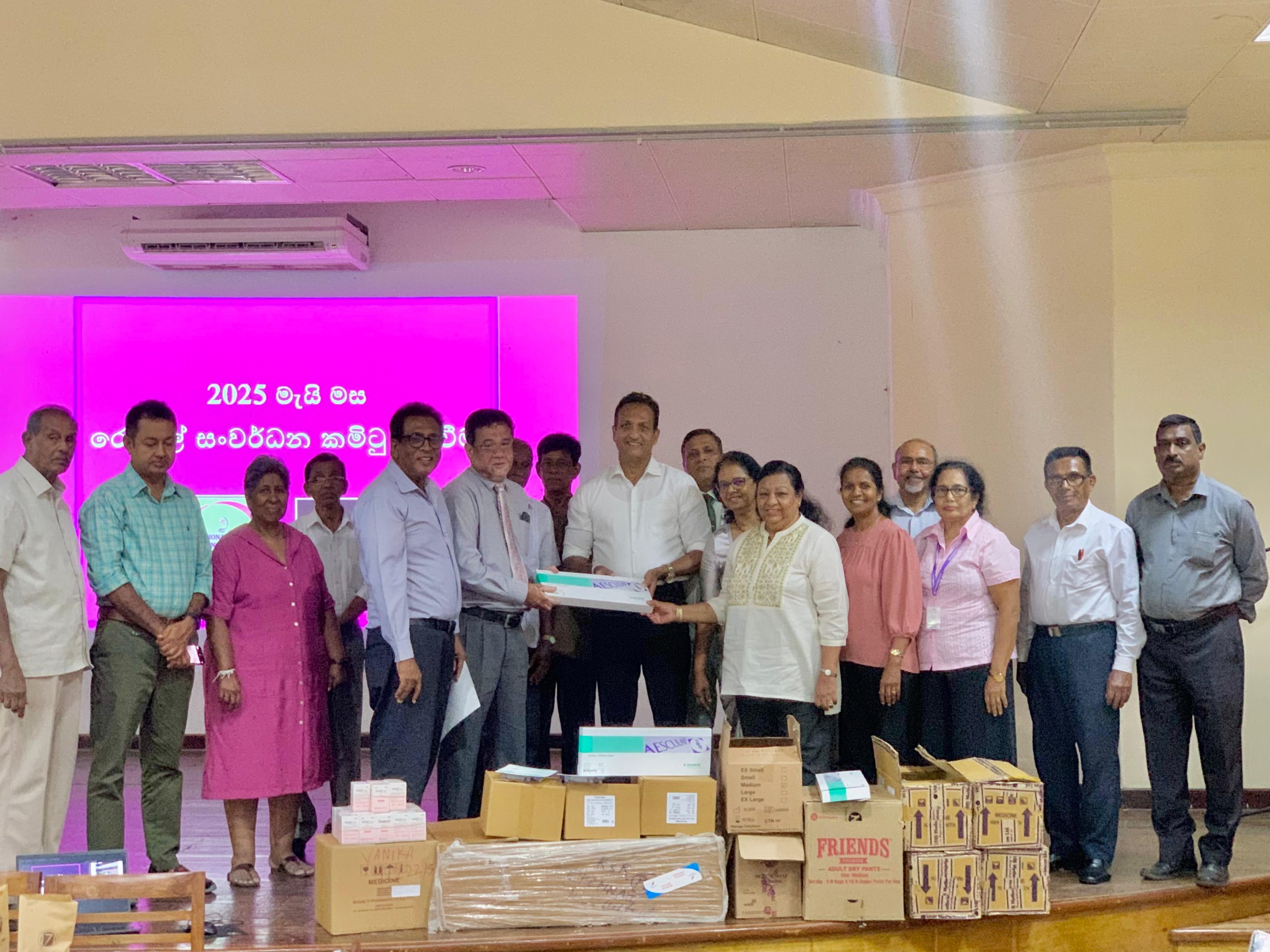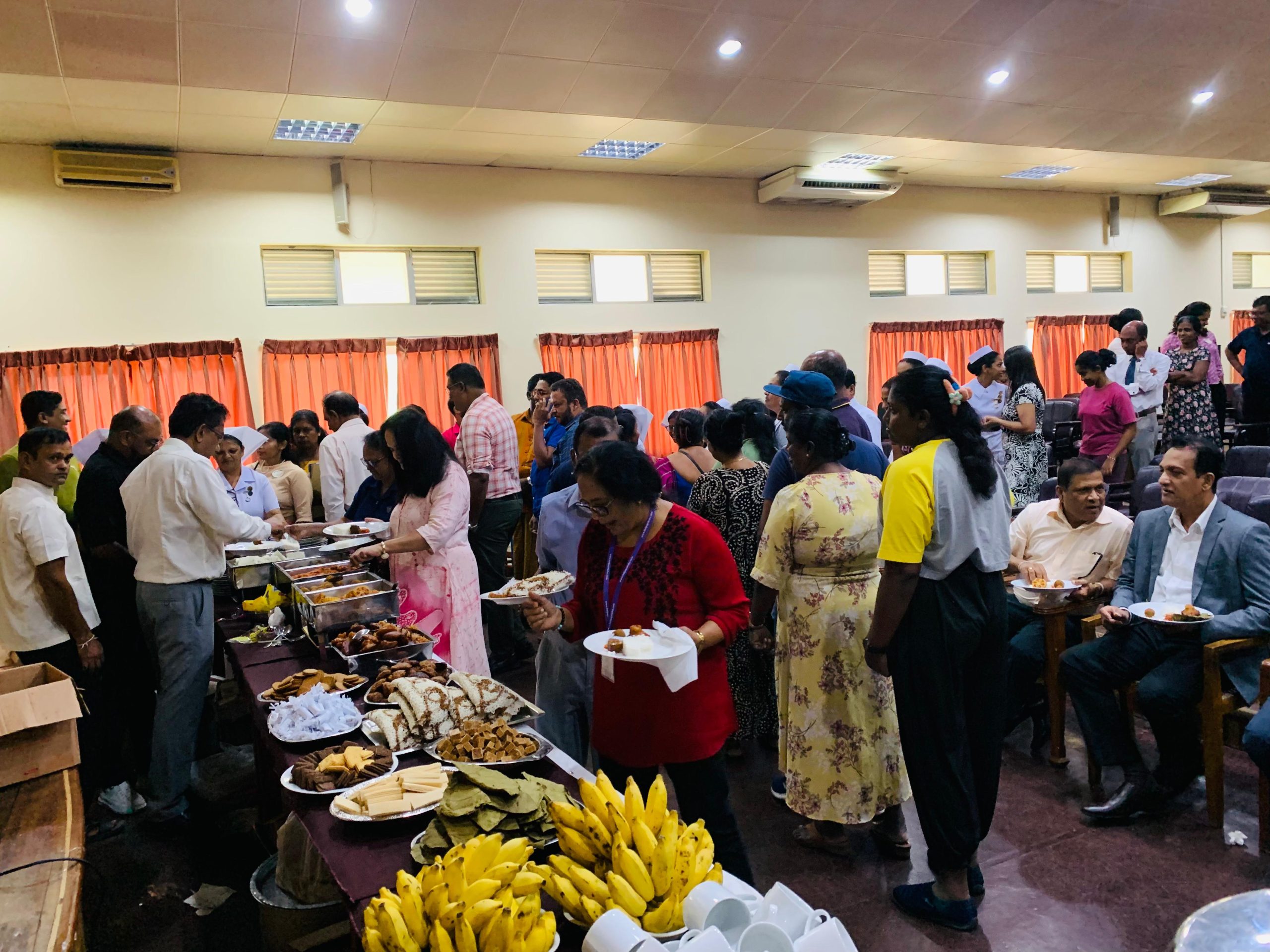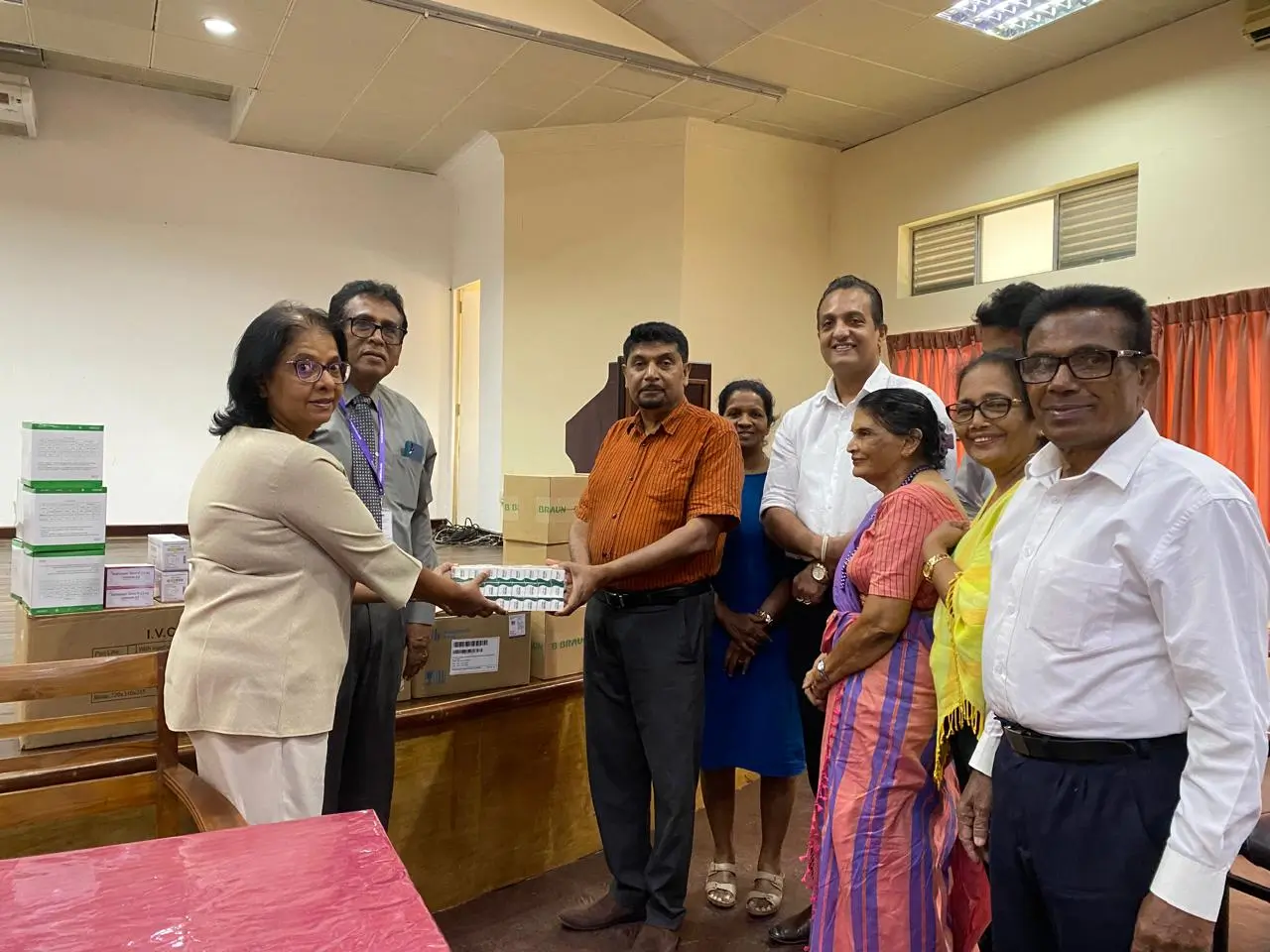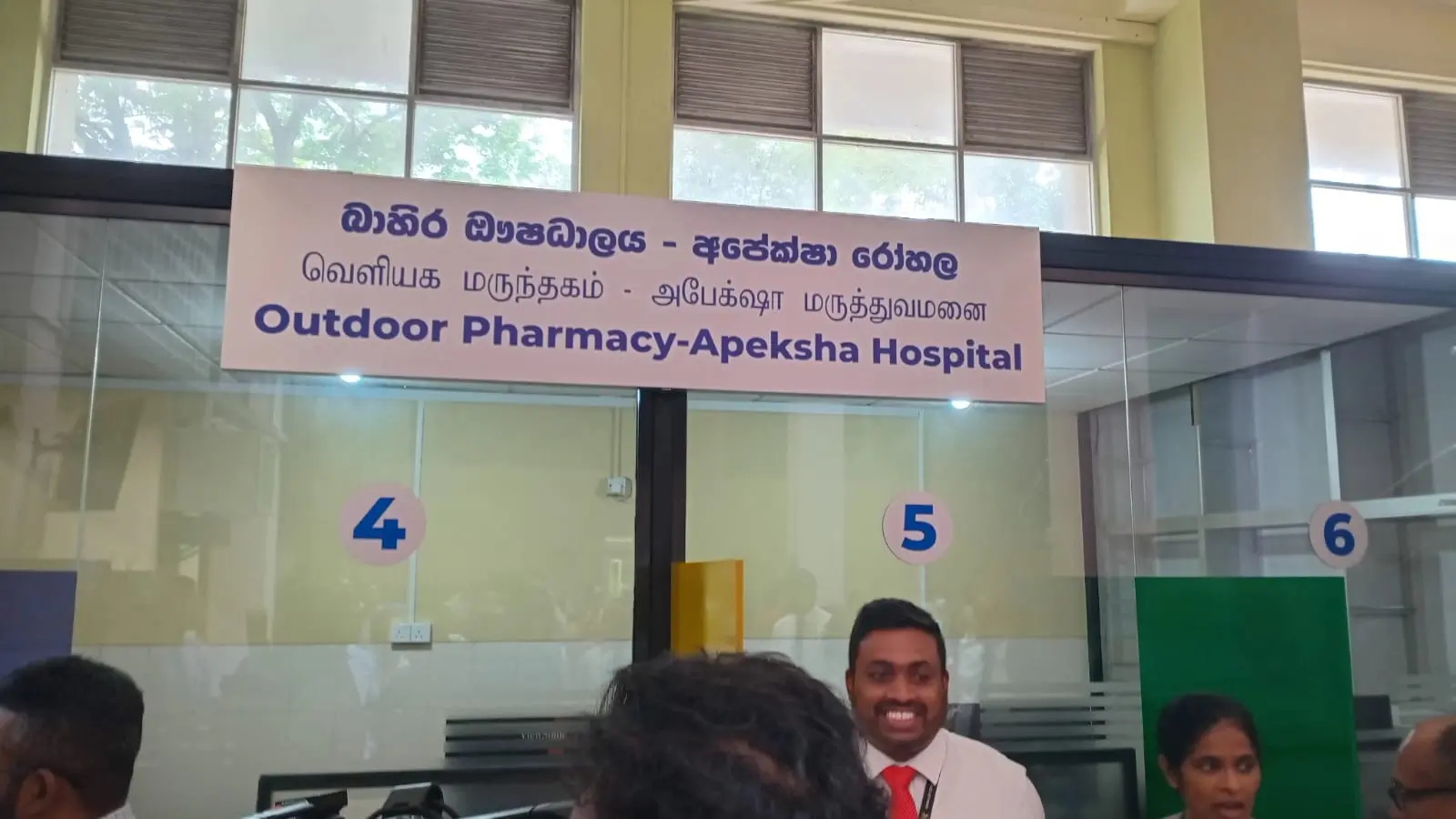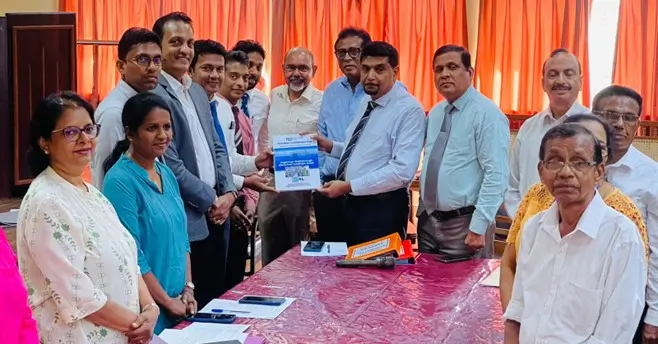The Development Committee of the National Cancer Institute of Sri Lanka (NCISL), widely known as Apeksha Hospital, is taking bold strides towards sustainability through a landmark energy audit initiative aimed at reducing energy costs, improving infrastructure safety, and promoting environmentally conscious operations. This forward-thinking project, launched in partnership with the Electrical Work Group of the Engineering Council, Sri Lanka (ECSL), and the Institution of Engineers, Sri Lanka (IESL), sets a strong precedent for public hospitals across the country seeking energy-efficient and sustainable healthcare solutions.
Structured into three key phases—Condition Audit, Comprehensive Energy Audit, and Rooftop Solar Proposal—the initiative seeks to drive long-term energy optimisation. The project kicked off with the successful completion of the first phase, a detailed Condition Audit that evaluated the hospital’s existing electrical systems to identify key areas of improvement. This phase, concluded on October 9, 2024, during an official Development Committee meeting, marked a vital first step in reducing the hospital’s operational energy footprint.
The audit was conducted by a multidisciplinary volunteer team led by Eng. Navodana Kankanamge, comprising Chartered Engineers, Associate Engineers, engineering undergraduates from top institutions, and NVQ-4 certified electricians. Contributions from leading experts, including Eng. (Dr.) Dulini Mudunkotuwa, Eng. (Dr.) Sandun Konara, Eng. Janaka Lakmewan, Eng. Weranga Dassanayake, and Eng. Dasun Ranasinghe, enriched the project with critical insights. Coordination support from Snr. Prof. Jagath Premachandra and the hospital’s management team ensured smooth execution, while participation from the Electrician Guild of Sri Lanka added essential practical expertise.
The forthcoming phases—Comprehensive Energy Audit and Rooftop Solar Proposal—will focus on analysing energy consumption patterns, recommending impactful energy-saving interventions, and designing a solar solution tailored to the hospital’s unique needs. These efforts will not only lower operational costs but also contribute to Sri Lanka’s broader renewable energy and climate goals.
This collaborative effort stands as a model for how engineering excellence, volunteerism, and cross-sector collaboration can deliver measurable impact in public healthcare. The Development Committee of Apeksha Hospital expresses its heartfelt gratitude to all engineers, students, and partners involved in this transformative project.
By combining advanced technical skills with a passion for social good, this initiative highlights the immense potential of sustainable energy solutions to enhance healthcare service delivery in Sri Lanka.
